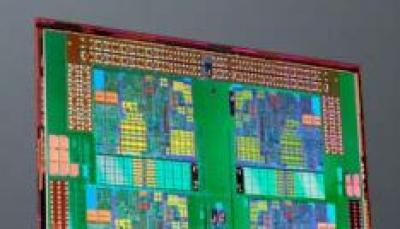AMD Denies CPU Debugger Was A Secret

AMD has denied reports that the debugging mechanism found in its CPUs was a secret, or indeed a security risk
AMD has insisted that the debugging mechanism apparently “discovered” in its is CPUs was not a secret at all, and emphatically denied that it posed any type of security risk.
Speaking to eWEEK Europe UK, AMD said that this type of undocumented register is common practice, and is shared with its customers.
Indeed, the company pointed out that in many of its newer products, these undocumented registers are unlocked and available.
‘Undocumented, Not Secret’
The denial came after a hacker called Czernobyl (AKA Czerno) posted his findings earlier this week about the so-called secret debugging mechanism.
“AMD processors (Athlon XP and better) have included firmware-based debugging features that expand greatly over standard, architecturally defined capabilities of x86,” the hacker wrote. “For some reason, though, AMD has been tightly secretive about these features; hint of their existence was gained by glancing at CBID’s page.”
Czernobyl said the debugger was password-protected to guard against casual access, but he ‘revealed’ how the CPU could be placed into developer mode, with changes to the chip’s register granted if the correct value is used for the EDI.
AMD Denial In Full
However, talking to eWEEK Europe, AMD confirmed that the registers in question are internal registers used by the company during the development and testing stages of its processors. “They are intended for use by AMD engineers only to help deliver higher quality products to the market more quickly,” said an AMD spokesperson.
AMD w as equally clear that there was no security concern posed by accessing these registers, as they “do not enable hacking or reverse engineering of AMD processors.”
as equally clear that there was no security concern posed by accessing these registers, as they “do not enable hacking or reverse engineering of AMD processors.”
“The exact functionality and application of password protections may vary between models, so AMD has chosen to not make access to these registers a supported feature,” the company added.
AMD was in the news recently after it set aside its rivalry with Intel and joined the chip giant and Nokia, by signing up to the Linux Foundation’s MeeGo open source project, the operating system Nokia and Intel are looking to use to compete against the Apple iPhone and Android-running handsets.